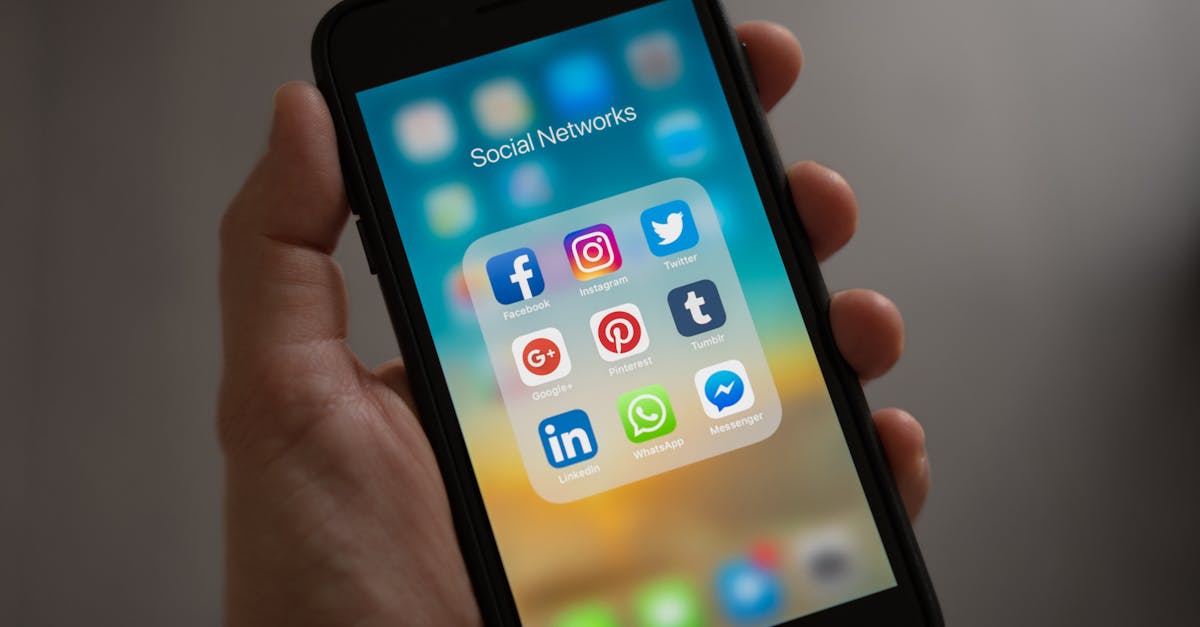
Written by: Alex Chen · Expert in Technology, Personal Finance, Travel
Published: August 11, 2024
We strive to provide well-researched, factual content. If you notice any errors, please contact us.

In today's digital age, social media plays a significant role in the lives of teenagers. From Instagram to Snapchat, Facebook to TikTok, teenagers are constantly connected to these platforms, shaping their identities and influencing their behaviors. This article will explore the impact of social media on teenagers and provide tips on how to navigate the digital landscape.
Social media provides teenagers with a platform to express themselves, connect with friends, and explore their interests. It allows them to stay updated on current events, share their thoughts and ideas, and build communities around shared interests. In a way, social media can be a powerful tool for self-expression and creativity.
However, it's important to note that not all aspects of social media are positive. The constant need for validation through likes and comments can lead to self-esteem issues, anxiety, and even depression. The pressure to fit in and portray a perfect image online can be overwhelming for many teenagers.
One of the biggest concerns surrounding social media is the impact it can have on mental health. Studies have shown a correlation between excessive social media use and feelings of loneliness, isolation, and low self-esteem. The constant comparison to others, cyberbullying, and exposure to unrealistic beauty standards can take a toll on teenagers' mental well-being.
Moreover, the addictive nature of social media can lead to a decrease in real-life social interactions, physical activity, and sleep quality. Teenagers may find themselves spending hours scrolling through their feeds, neglecting their responsibilities and relationships in the process.
So how can teenagers navigate the digital landscape in a healthy way? First and foremost, it's important for parents and educators to have open and honest conversations with teenagers about social media use. Setting limits, encouraging breaks, and monitoring online activity can help mitigate the negative effects of social media.
Additionally, teenagers should be encouraged to cultivate a healthy relationship with social media by following accounts that inspire and uplift them, practicing digital detoxes, and prioritizing real-life connections. It's essential for teenagers to remember that what they see on social media is often a curated version of reality and not to compare their lives to what they see online.
In conclusion, social media has a profound impact on teenagers, both positive and negative. By understanding the effects of social media and taking proactive steps to manage its influence, teenagers can navigate the digital landscape with confidence and resilience.

Written by: Alex Chen · Expert in Technology, Personal Finance, Travel
Published: August 11, 2024
We strive to provide well-researched, factual content. If you notice any errors, please contact us.